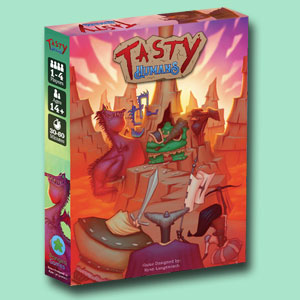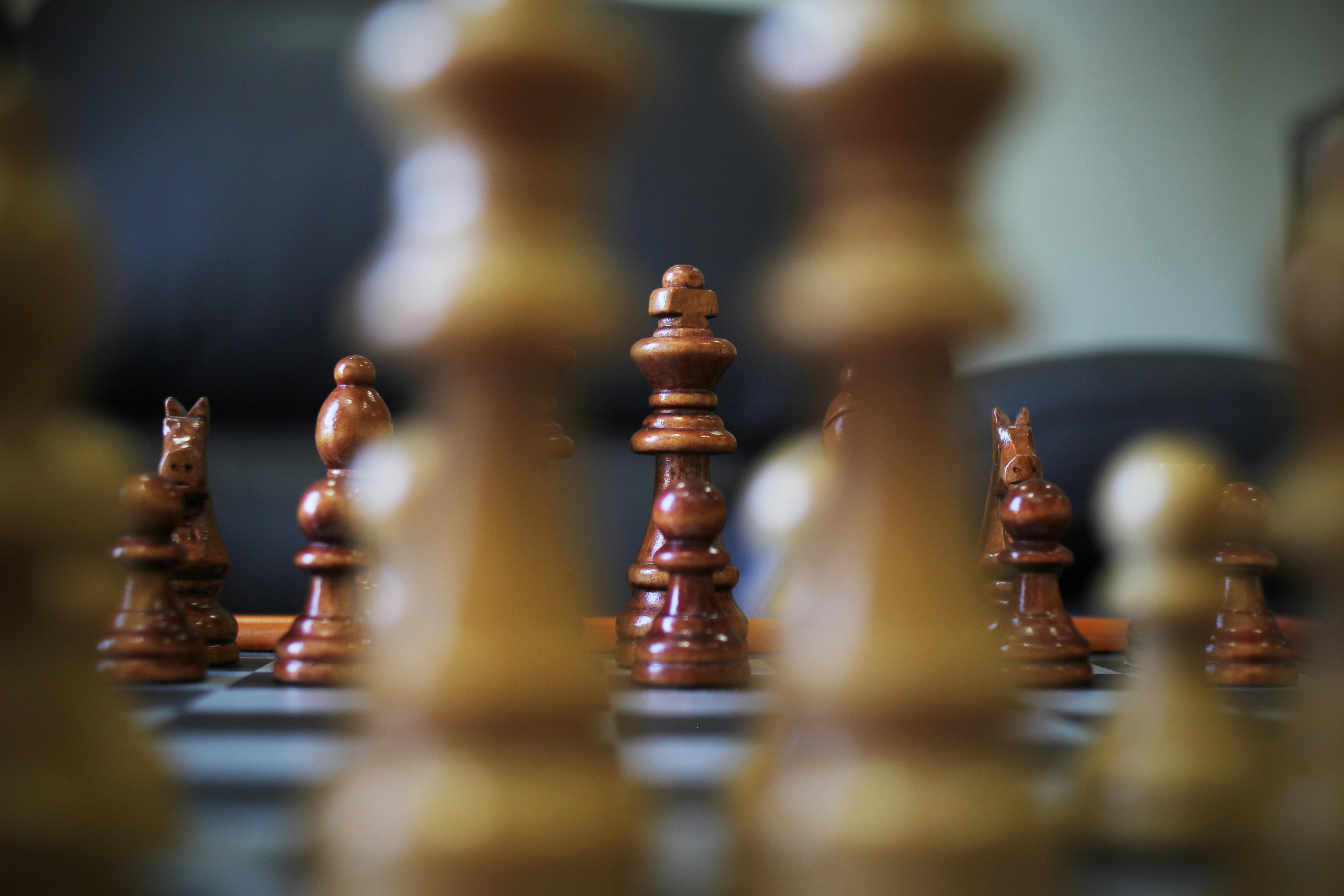What is a game?
I’ve given some thought to the difficult question of why we play games, yet I believe there was an implicit question left unanswered: “what is a game?”

Looking for more resources to help you on your board game design journey?
Here you go: no email required!
Like this writing style?
Check out my latest blog on marketing here.
Oh, wise dictionary.com, elucidate us on this issue:
game, noun
1. an amusement or pastime
2. the material or equipment used in playing certain games
3. a competitive activity involving skill, chance, or endurance on the part of two or more persons who play according to a set of rules, usually for their own amusement or for that of spectators
Well, that didn’t help much. Definition 1 is pretty vague, definition 2 refers uses “game” to define “game”, and definition 3 still seems too abstract.
There’s two words that stand out to me in definition 3 that get the wheels in my mind turning: “competitive” and “rules”. “Competition” can mean players playing against each other or against the game itself – either way works. “Rules” is broad enough to include anything – complex or simple – that stops the competition from being a free-for-all play activity (e.g. Calvinball).
I have a personal theory, which I call Objective-Constraint, which underpins all games as we understand them. All games are forms of recreation with an objective (a goal) and constraints that stop you from reaching this objective. You have to have both. Reach for an objective without the constraints and you just have no competition. Keep the constraints and take away the objective – you, again, have no competition because there’s no yardstick by which to measure your success.
Boom! Problem solved: games have to have objectives and constraints. Easy. Next!
It’s not quite that simple. This is a complex philosophical question, as well as an incredibly semantic one. In fact, spending a lot of time defining “game” doesn’t mean all that much if your first language is German, French, or Swahili. The dictionary definition assigned to your version of the word “game” would be different, as would the social complexities associated with the word.
This question isn’t important because there’s a hard definition. It’s important because it forces you to think about what the word “game” means so you’re not mindlessly describing yourself as a “gamer” or “game designer”. If you make board games your trade, you need to come up with your own definition. From asking yourself the most basic question possible, you’re building a foundation of understanding that will make you a better designer and a better gamer.
I do not have the answer to “what is a game?” I only have an answer that works for me. Ask yourself “what is a game” and find an answer that works for you. Then let me know what it is in the comments.






